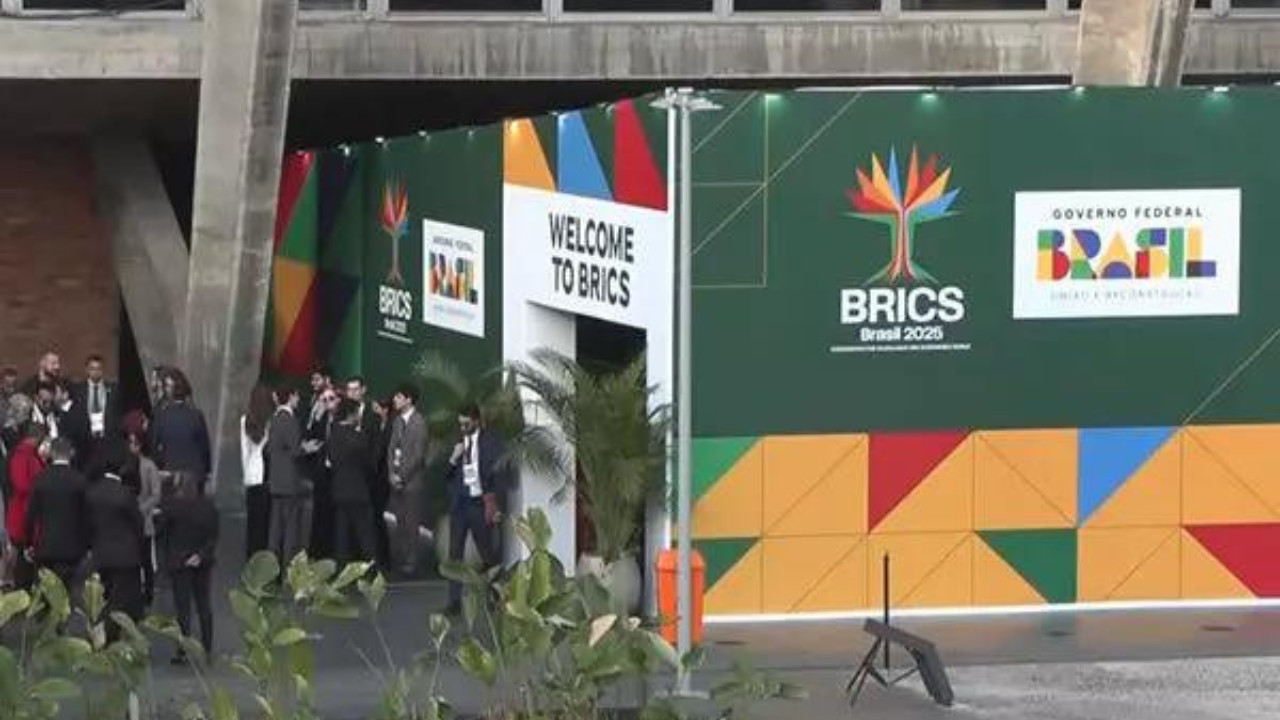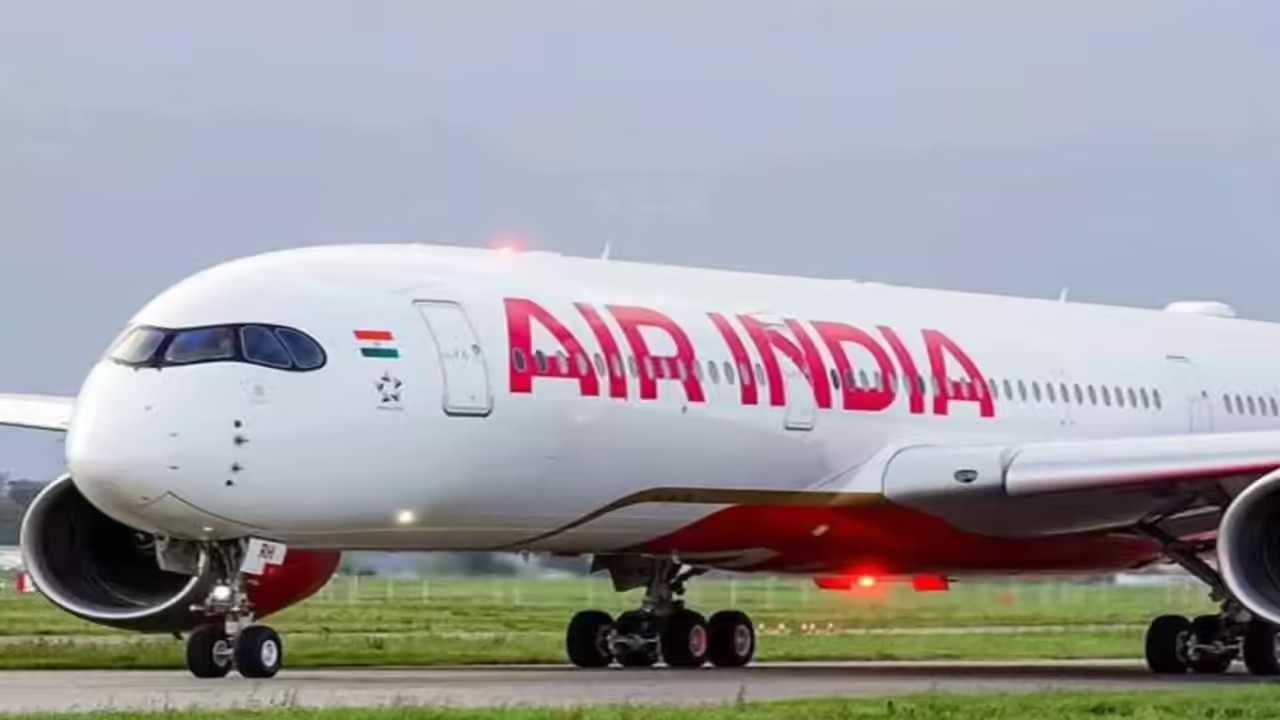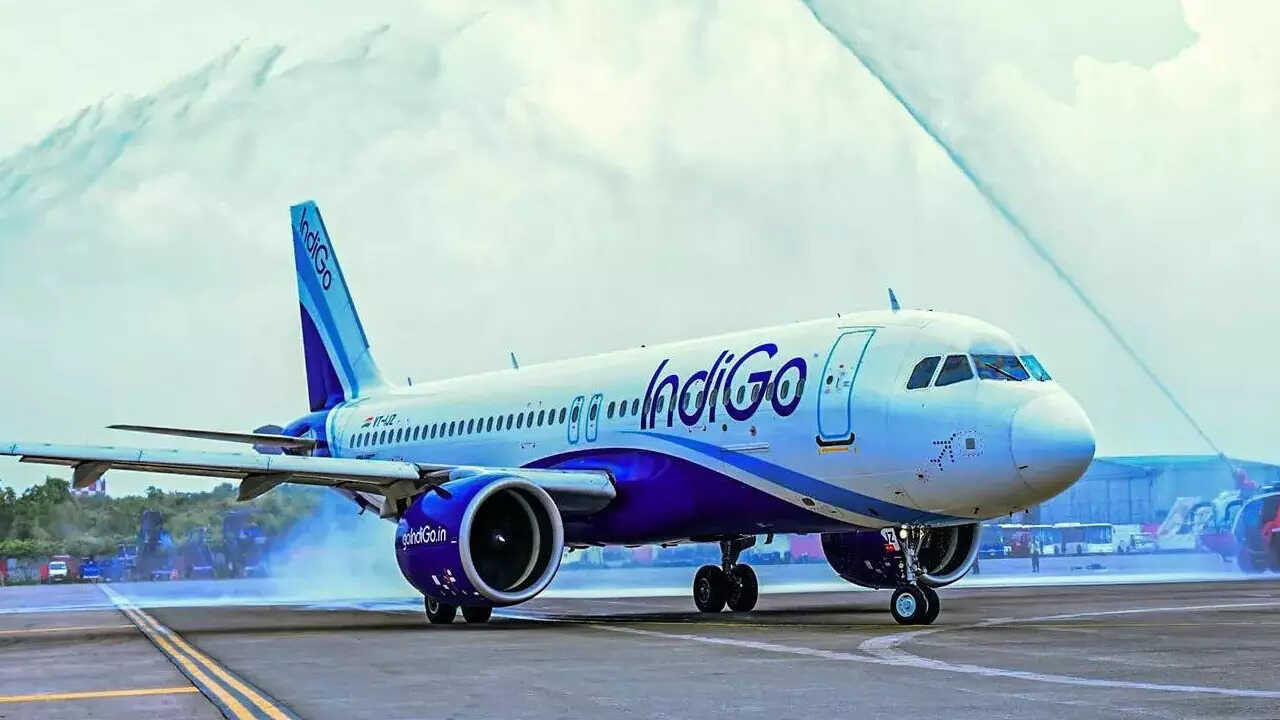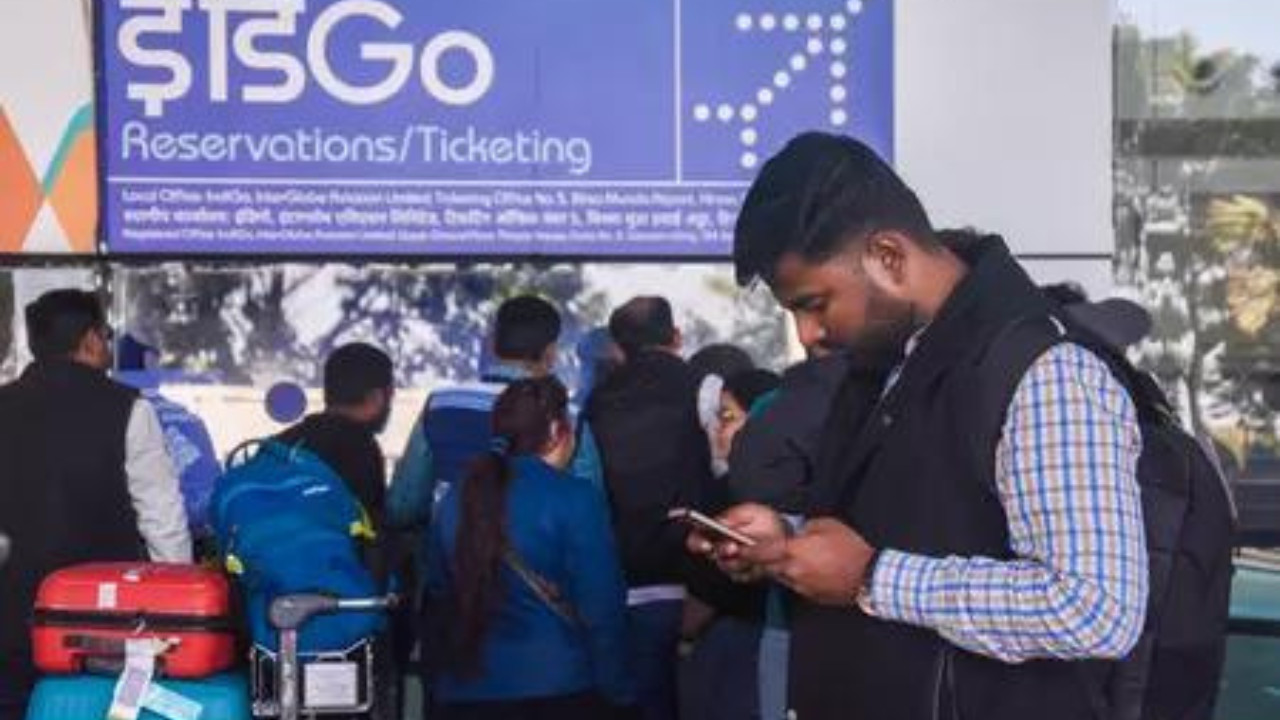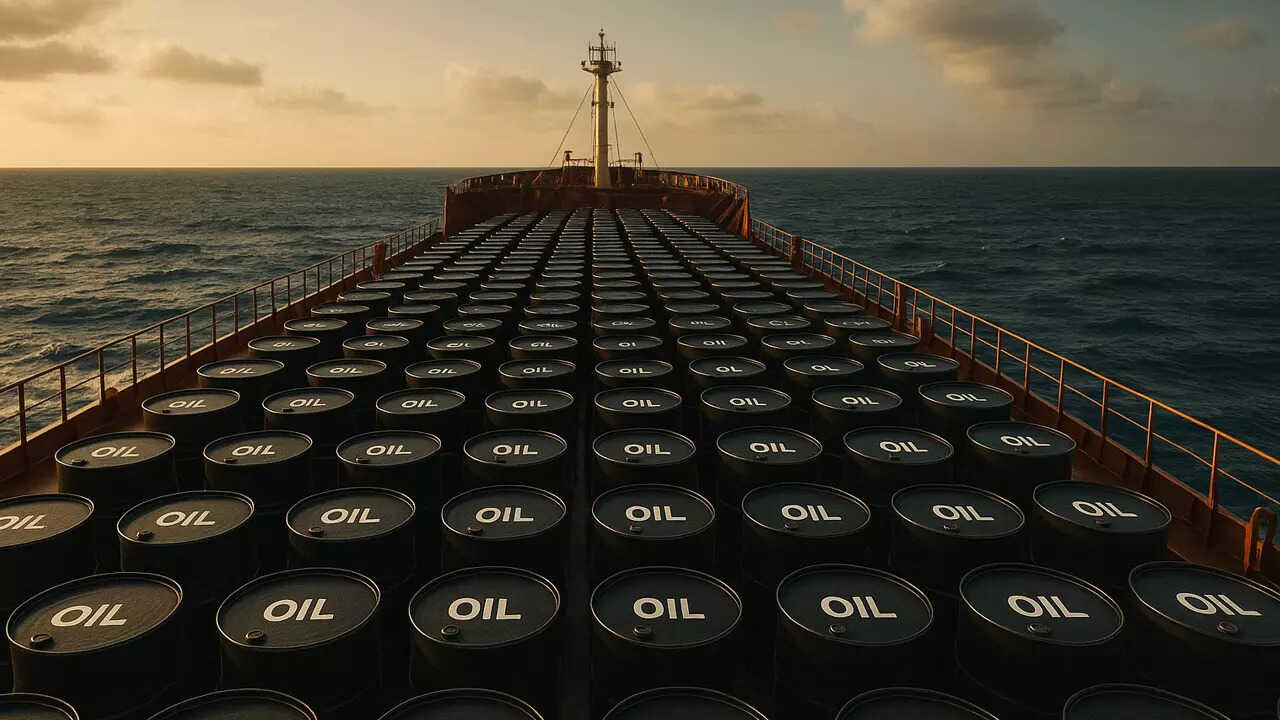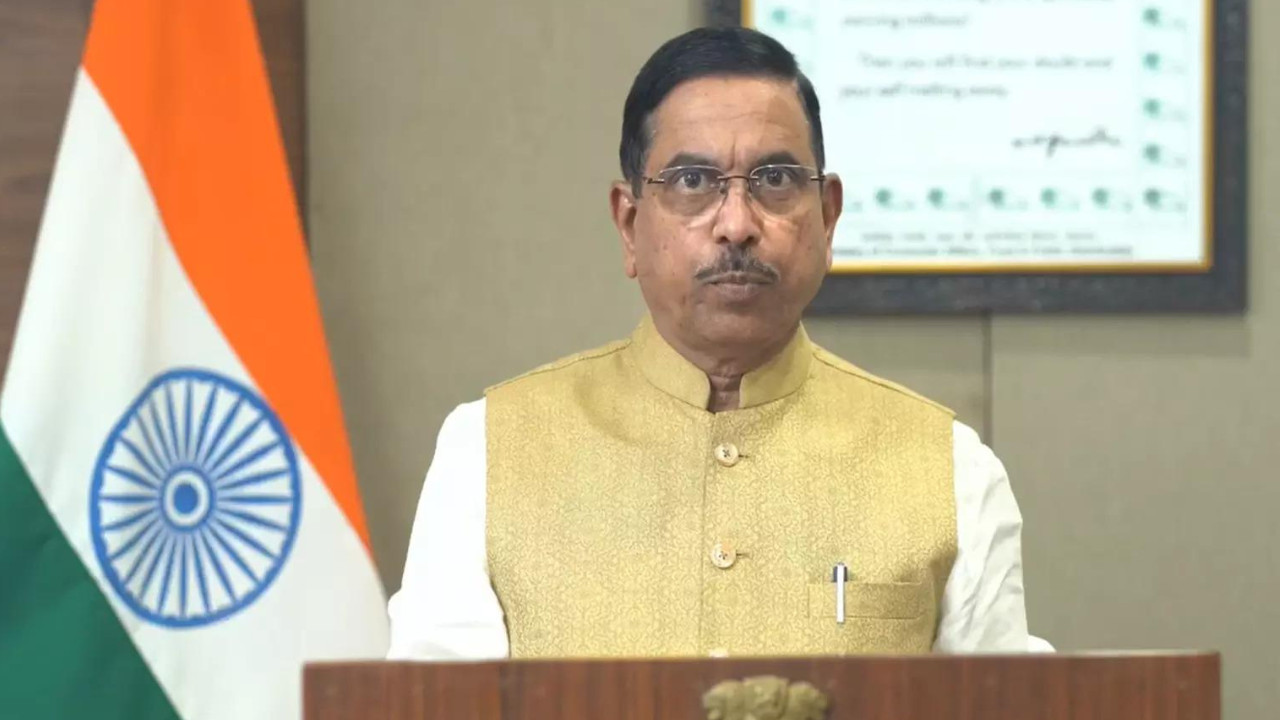BRICS nations have urged developed economies and financial institutions to provide substantial climate finance to developing countries, emphasizing the need for predictable and affordable funding to achieve Paris Agreement goals. They also highlighted the importance of the IMF in supporting vulnerable economies and praised the New Development Bank’s growing role in the Global South.
Shifting Sands: BRICS Nations Call for Climate Finance and a Rebalanced Global Order
The geopolitical landscape is constantly in motion, a dance of nations adjusting to new realities. Recently, the BRICS bloc – Brazil, Russia, India, China, and South Africa – sent a clear message echoing around the globe: the current financial architecture needs an update. Their joint statement, a potent mix of ambition and pragmatism, laid bare their demands for concessional climate finance from developed nations and a more equitable global financial system. But what does this mean for the future of international relations and the fight against climate change?
The group’s appeal for climate financing isn’t new, but its urgency feels amplified. Developing nations within BRICS are disproportionately affected by climate change, bearing the brunt of extreme weather events while simultaneously striving for economic growth. They argue – and with considerable justification – that developed nations, historically the largest contributors to greenhouse gas emissions, have a moral and financial responsibility to assist in their transition to sustainable development. This isn’t just about handouts; it’s about leveling the playing field and ensuring a just transition for all.

What kind of finance are we talking about? “Concessional” is the key word here. It implies financing on terms more favorable than those available in the market, typically with lower interest rates and longer repayment periods. This allows developing nations to invest in climate mitigation and adaptation projects without further burdening their economies. Think renewable energy infrastructure, climate-resilient agriculture, and early warning systems for natural disasters – all crucial for a sustainable future.
Beyond climate, the BRICS nations are pushing for reforms within existing global financial institutions, particularly the International Monetary Fund (IMF). They advocate for a greater voice and representation for developing countries, reflecting the shifting economic power dynamics of the 21st century. The current structure, they contend, is outdated and doesn’t adequately address the needs and concerns of emerging economies. This call for reform aims to make the IMF more responsive, inclusive, and effective in addressing global challenges.
Alongside these reform efforts, the BRICS bloc is championing the growing role of the New Development Bank (NDB), often referred to as the “BRICS Bank.” Established in 2015, the NDB aims to finance infrastructure and sustainable development projects in member countries and other emerging economies. It represents a tangible alternative to traditional Western-dominated institutions, offering a new avenue for funding development projects that align with the priorities of the Global South. Its increasing influence is a significant indicator of the changing global financial landscape. This institution can be leveraged to boost the climate change initiatives within member nations.
The implications of these demands are far-reaching. If developed nations fail to provide adequate concessional climate finance, it could hinder the global effort to combat climate change and widen the gap between developed and developing countries. Resistance to IMF reforms could further erode trust in the global financial system and potentially lead to the creation of parallel structures that challenge the existing order.
The BRICS nations are not monolithic, and internal disagreements undoubtedly exist. However, their unified voice on these key issues signals a growing assertiveness and a desire to shape the future of the global financial architecture. This movement encourages conversation about critical issues like the BRICS currency initiative, as discussed in more detail in [our article on alternative global financial systems](internal-link-to-relevant-article). The success of their endeavors will depend on their ability to navigate complex geopolitical challenges and build consensus both within the bloc and with the wider international community.
The BRICS nations’ push for concessional climate finance and a more equitable global order represents a significant inflection point. Whether these demands will be met with genuine cooperation or continued resistance remains to be seen, but one thing is clear: the world is changing, and the voices of emerging economies are becoming increasingly difficult to ignore. The push for accessible financial assistance to mitigate climate change and more balanced representation in international financial institutions marks a crucial step towards a more sustainable and equitable future for all.
Final URL slug: brics-climate-finance
